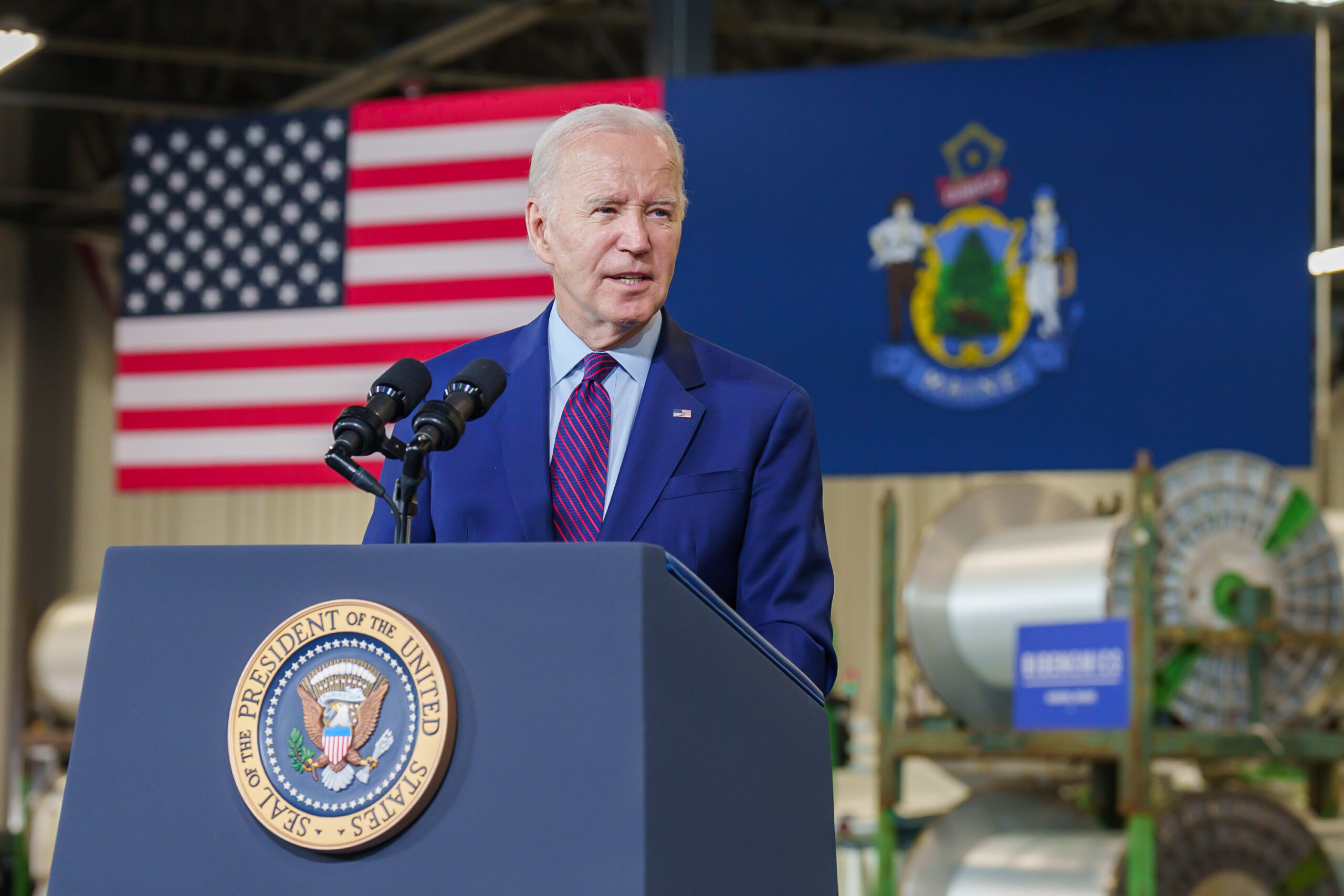Not just chips: here are the new US restrictions on technology investments in China

Joe Biden's administration has banned American financial investments in China's technology industries (chips, artificial intelligence, quantum computers): the business of private equity and venture capital companies is at risk. All the details
US President Joe Biden on Wednesday signed an executive order imposing new restrictions on American investment in three technologically advanced sectors of China. The decision would have been made to protect the national security of the United States; the Chinese authorities, on the other hand, have criticized it and accused Washington of exploiting the security pretext to deprive Beijing of the right to economic development.
THE GOAL OF AMERICAN RESTRICTIONS
The Biden administration essentially wants to thwart the transfer of economic resources and technical expertise from the United States to China, wrote the New York Times .
The restrictions prohibit private equity and venture capital firms from investing in three Chinese high-tech industries, such as artificial intelligence, advanced semiconductors and quantum computing . As for investments in other technological sectors, the companies that make them will still have to report them to the American government, which wants to ensure more control over financial exchanges with China.
COMMENTS AND STATEMENTS
Several Biden administration officials wanted to reiterate that the measure will be targeted on a few sectors, namely those connected to the Chinese armed forces or the state surveillance apparatus (microchips, quantum computers and artificial intelligence can also be used for military or repressive purposes) , and that the United States has no intention of obstructing legitimate business with China or hurting its economy.
THE DE-RISKING PLAN
In addition to imposing restrictions on the sale of some technologies to China, including advanced semiconductors, the United States is pursuing a de-risking plan – i.e. reducing the risk associated with dependence on Beijing for some raw materials – and is working on the development of alternative supply chains, both domestic and foreign. They have also increased controls on Chinese investments in America, again for security reasons.
– Read also: How the (partial) decoupling between the United States and China is proceeding
HOW AMERICAN INVESTMENTS ARE IN CHINA
US venture capital investment in China fell to $9.7 billion in 2022, down from nearly $33 billion in 2021, according to data compiled by PitchBook. In 2023, so far, US venture capital flows to Chinese tech startups have amounted to just 1.2 billion.
THE G7'S CRITICISM AND FRONT
Critics of the investment restrictions say they won't contribute much to slowing China's technological development, given that Beijing has no problems with capital shortages and could still form partnerships with other nations.
The Biden administration, however, is working precisely on building a front of allied or partner countries to limit international funding to the Chinese technology industry as much as possible: these diplomatic efforts are focused on the G7, the group that brings together seven of the most advanced in the world, plus the European Union. Japan and the Netherlands, two key countries in the global semiconductor industry, participate in US restrictions on the sale of advanced chipmaking machinery to China.
This is a machine translation from Italian language of a post published on Start Magazine at the URL https://www.startmag.it/mondo/stati-uniti-nuove-restrizioni-tecnologie-avanzate-cina/ on Thu, 10 Aug 2023 11:38:22 +0000.
